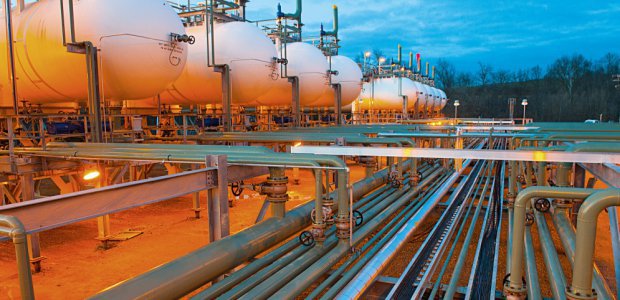Local authorities are still struggling to combat the ongoing energy crisis. The ill-equipped market, not possessing mechanisms that could help secure equilibrium, has made the task extremely difficult. Highlighting the unsettled situation, DEPA is continuing to ship in emergency LNG orders from Algeria, trans-boundary trade is up, while natural gas-fueled power stations are producing at full capacity.
The crisis has emphatically exposed the many pending issues that need to be resolved in order to establish a complete and coherent regulatory framework for the natural gas market. A market mechanism that is capable of coordinating consumption prices and demand does not exist. Any such related provision is also missing from agreements signed between major gas-fueled electricity producers and DEPA, the Public Power Corporation.
Measures needed for the market’s smoother functioning include the establishment of daily and futures markets, in line with the electricity market.
A procedure forecasting natural gas consumption level patterns is necessary. Admittedly, it would be extremely difficult to establish a mechanism that could factor in small-scale demand patterns concerning regular households. However, the needs of major-scale consumers – industry and, especially, electricity producers – are easier to anticipate and are aided by the existence of daily and futures markets.
Highlighting the local market’s persisting unsettled state over the past few weeks, the extraordinary natural gas amounts required to keep the country’s energy system balanced during the first ten days of 2017 represents 20 percent of the total amount needed for the same purpose throughout the entire year in 2016.
DEPA’s LNG shipments from Algeria’s Sonatrach and the spot market are being secured at far higher costs.





